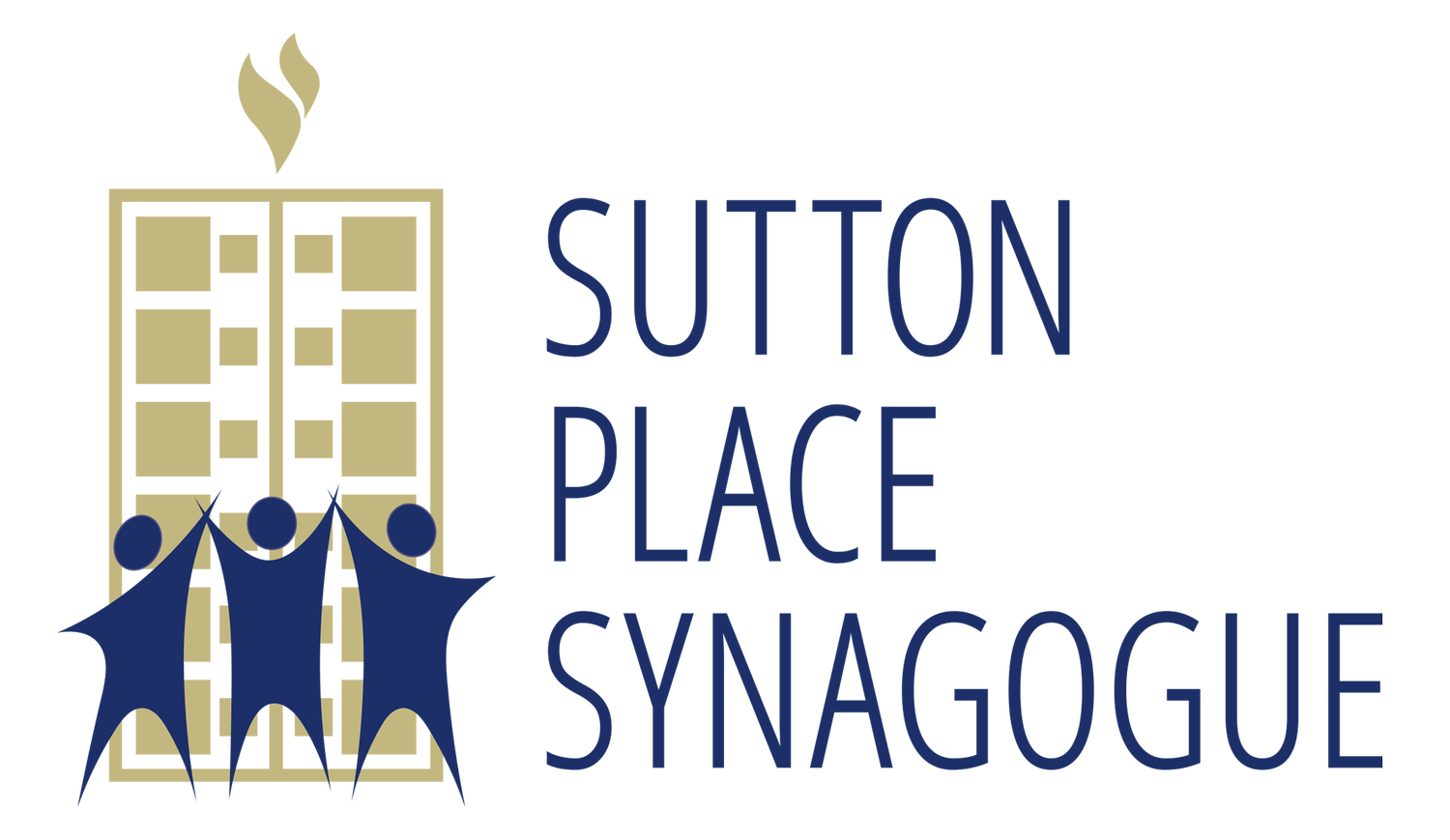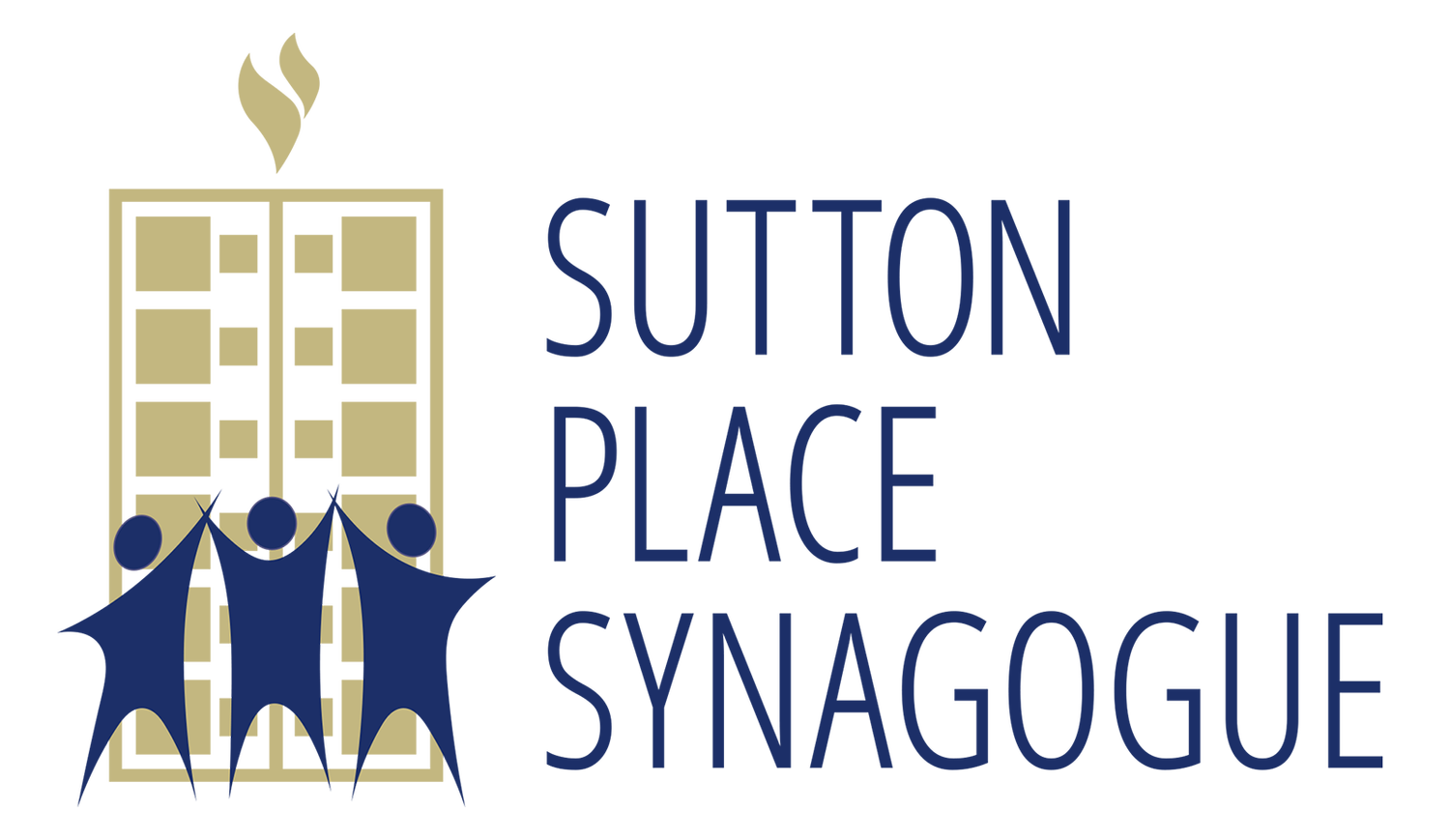The Power in Sharing Our Values Through Rituals - Parashat Bo 2021
Haroset? Horseradish? Matzoh ball soup? Reciting the 4 questions? What is your favorite ritual of passover?
Whatever it is, I imagine it is meaningful since it not only tells the story of our jewish people but it tells the story of you and your family, and it inspires action for the future. There are moments like these in our secular lives as well.
I have to admit that I cry when I hear the star spangled banner. It is just one of those things that gets at me. I cry out with a sense of appreciation and awe and humility that I was born at a time in a place to parents who could give me so much, often because of this country, the country of my birth.
The pride and awe of these feelings emerged for me on Wednesday at the Presidential Inauguration were strong.
There were rituals, Pomp and Circumstance, and Reverence for tradition were in full view. Was it a smaller ceremony? Sure. Were there many more security, for extraordinarily disturbing reasons, yes. But, democracy, which truly has been under assault prevailed, traditions ensued, and oaths of office were taken.
In reflecting on these rituals of not only a transfer of power but of a transmission of values, I was pulled to this week’s Parasha, Parashat Bo.
As Michael shared, Parashat Bo shares the trials of the remaining plagues in Egypts and the commandments, in many details, of how to observe Passover, not just that year, but for generations to come.
In fact, it is in this week’s Parasha, that through ritual, we can begin to understand an expression of our values.
We read:
Exodus 13
And Moses said to the people, “Remember this day, on which you went free from Egypt, the house of bondage, how the Lord freed you from it with a mighty hand: no leavened bread shall be eaten. You go free on this day, in the month of Aviv. . . Seven days you shall eat unleavened bread, and on the seventh day there shall be a festival of the Lord. Throughout the seven days unleavened bread shall be eaten; no leavened bread shall be found with you, and no leaven shall be found in all your territory. And you shall explain to your son on that day, ‘It is because of what the Lord did for me when I went free from Egypt.’
Let’s unpack this:
First, we need to remember that we were once enslaved. The essence of our freedom is that we understand the pain of tyranny. The expression of our freedom is the ability to share freedom and our core history with future generations.
Second, there are ways of behaving that aren’t extraneous but rather are a marker of values. Today we are celebrating Michael becoming bar mitzvah, a Jewish adult. Yes, he became a jewish adult by turning 13. But marking it, publicly, during a pandemic, demonstrates that we continue to do things we care about, even in modified ways.
How we mark moments, through rituals was on full display this week, and the choices we make demonstrate our values.
Rabbi Yael Ridberg wrote:
“The power of ritual reminds us that when we mark time, space, and experience with sacred elements that transcend a particular moment, we are transported beyond our current circumstances and connect with the past as well as the present.”
In reflecting on this, I began to think about something else that happened later in the day on Wednesday. When now Senator, Jon Ossoff, was sworn into the senate, he used a chumash that had significance-it was the chumash of Rabbi Rothschild, the rabbi of The Temple that was bombed by white supremacists in the late 1950s because of his role in the civil rights era.
In reflecting on this moment of ritual and sharing of stories, Janice Rothschild Blumberg, Rabbi Rothschild’s widow wrote:
Throughout my childhood and early adult years, Georgia was a one-party state led by race-baiters and worse. Long time Jewish residents still quaked inwardly remembering the trial of Leo Frank in 1913, followed by his kidnapping and lynching two years later. They adhered to the philosophy directing them, in effect, to sit in the back of the room and not raise their hands.
That fear was dispelled in 1958 after an act of the violence we’d long feared, when The Temple, the Atlanta congregation led by my late husband Rabbi Jacob M. Rothschild, was bombed in retaliation for his civil rights activism.
Jon Ossoff, chose the symbolic gesture of taking his oath of office using my late husband Rabbi Rothschild’s chumash, a book containing the five books of Torah in Hebrew.
The moment became even more meaningful to me and my family when we realized that Jon Ossoff never met Jack Rothschild — Senator Ossoff was born 13 years after Jack’s death — or, indeed, any member of our family. I presume Senator Ossoff based his decision on the concept, central throughout Judaism, of teaching our values to each successive generation.
Spreading a warm glow over the entire moment, for me, is the connection that chumash invokes recalling our friendship with Martin Luther King, Jr., and Coretta Scott King. We grew close to them in the years after the bombing, and seeing Ossoff sworn in on my husband’s book alongside Rev. Raphael Warnock, I felt such joy imaging how they and Jack might react to the moment.
You see, one core value of being Jewish is sharing our stories, from generation to generation, but another core value is that we must appreciate our freedom and ensure it from others. This is similar to the core purpose of being american.
Earlier this week, I was interviewed by Rabbi Jack Moline and I was asked, in my opinion: what was the original national purpose of the United States? I answered: To throw off the yoke of tyranny and to create a free society where people of all different backgrounds and ideas could live together. Of course, I shared, there is much irony in this national purpose for as we take a hard look at the founding of our country we know that not all people had access to these opportunities or ideals.
There was a follow up question:
What do you believe is or ought to be the American purpose going forward?
I still believe in the national purpose-values and purpose is timeless but our understanding of how to achieve them has evolved. We know that the execution of this purpose….All Men were created equal means something different today...but foundational values are the same...similar to how I understand Torah, another foundational document for me.
The Judaism that we practice today, the rituals that we use to celebrate and pass down our values are a combination of what was and what will be. Centuries ago, it couldn’t have been imagined that i would be the rabbi, a year ago i wouldn’t have understood the phrase “zooming a bar mitzvah”, and today, we are remaining physically distant, yet spiritually connected. But we make these choices and changes, in the context of ritual, in order to go to a deeper level of understanding of what we value.
We look deep into our consciousness and ask ourselves, what shall we preserve and what shall evolve. Just as Judaism has evolved, so have the concepts of freedom and equality in America. We know that We The People didn’t always refer to everyone-from Men to include women. From Whites to include Blacks. And so on. But the value of this week in Washington is that we can recall and repeat the words that each president has recited, that each vice president has recited, and yet recognize history in the making.
And so just as the Torah asks us to understand what this, the freedom from Egypt, means to us, we should ask, what does our freedom as Americans mean?
Rabbi Ridberg continued: The rituals of democracy are there to remind us of our history: how far we have come, and how much work there is still to do; what we have each endured on the way to this moment; the sources of strength which have bolstered our faith in America; and that we should never forget the challenges we have faced as a nation.
President Biden, on Wednesday, reminded us of the power of not just sacred ritual but sacred space as he said:
Here we stand, in the shadow of a Capitol dome that was completed amid the Civil War, when the Union itself hung in the balance.
Yet we endured and we prevailed.
Here we stand looking out to the great Mall where Dr. King spoke of his dream.
Here we stand, where 108 years ago at another inaugural, thousands of protestors tried to block brave women from marching for the right to vote.
We must end this uncivil war that pits red against blue, rural versus urban, conservative versus liberal.
We can do this if we open our souls instead of hardening our hearts.
We will be judged, you and I, for how we resolve the cascading crises of our era.
Will we meet our obligations and pass along a new and better world for our children?
Pharoah’s heart was hardened. His people were punished. The Jews however, saw the ability to look towards the future, to work together, young and old, and start their journey towards the promised land. It didn’t happen overnight. It took 40 years. But they kept persevering.
And the rituals that we recall today, and the values we share, give us the framework and expression for what we are trying to achieve-giving the next generation the voice and the vision to get us to where we need to be, as it builds in what has been.
So, allow me to conclude by sharing an excerpt of Amanda Gorman’s stirring poem:
The Hill We Climb - Amanda Gorman
For while we have our eyes on the future
history has its eyes on us
But one thing is certain:
If we merge mercy with might,
and might with right,
then love becomes our legacy
and change our children’s birthright
So let us leave behind a country
better than the one we were left with
When day comes we step out of the shade,
aflame and unafraid
The new dawn blooms as we free it
For there is always light,
if only we’re brave enough to see it
If only we’re brave enough to be it
As Jews and as Americans we can match vision and values, rites and rituals, as we share our stories, understand our past, and celebrate our future.
Mazal tov Michael on this remarkable ritual this morning.

